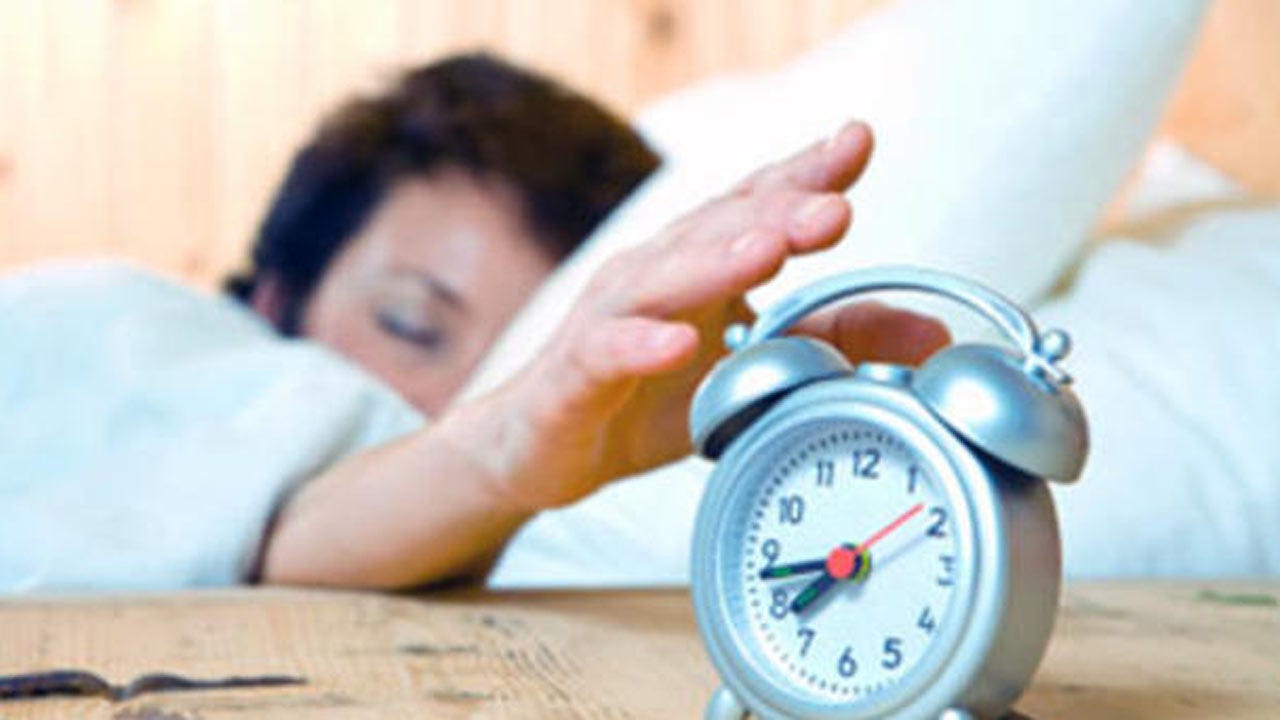'Spring Forward' Should Remind You To Get More Sleep
<p>Daylight saving time returns early Sunday morning, but for many, it comes at a price: days or even weeks of tiredness brought on by the shift forward in time.</p>Saturday, March 12th 2016, 2:11 pm
Daylight saving time returns early Sunday morning, but for many, it comes at a price: days or even weeks of tiredness brought on by the shift forward in time.
The change takes place at 2 a.m. Sunday, when clocks "spring forward" one hour.
Americans workers' lack of sleep is no small problem. A 2013 study showed the switch to DST costs the U.S. economy $434 million a year in employee-related costs, such as lost productivity and increases in worker injuries (including a greater risk of heart attacks).
That's bad news for the legions of U.S. workers who say they already don't catch enough shut-eye. According to a survey from CareerBuilder, more than half of workers (58 percent) feel they don't get enough sleep, while nearly two-thirds (61 percent) say lack of sleep hurts their job performance.
The poll of more than 3,200 adult full-time employees also found that as much as insufficient sleep affects workers' jobs, nearly half of them (44 percent) said thinking about work kept them up at night. And though eight hours of sleep is recommended, just 16 percent of workers said they actually slept that long each night. Most (63 percent) said they got six to seven hours of sleep, while one in five (21 percent) slept five hours or less.
The CareerBuilder survey also found that some workers are too exhausted to make it to work: One in five poll respondents (21 percent) saying they had called in sick for the purpose of getting extra sleep.
Rest has taken a back seat to workers' concerns about keeping up with work, which comes at the expense of vacation days and even sick days, said Rosemany Haefner chief human resources officer at CareerBuilder. But devotion to work isn't necessarily making U.S. workers more productive, she said, adding that companies are beginning to see the toll lack of sleep is taking on employees.
More Like This
March 12th, 2016
September 29th, 2024
September 17th, 2024
Top Headlines
December 11th, 2024
December 11th, 2024
December 11th, 2024
December 11th, 2024









